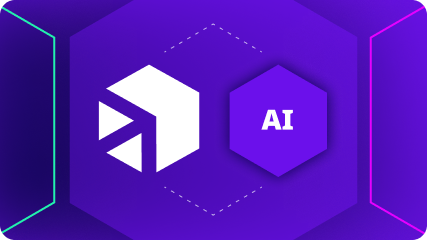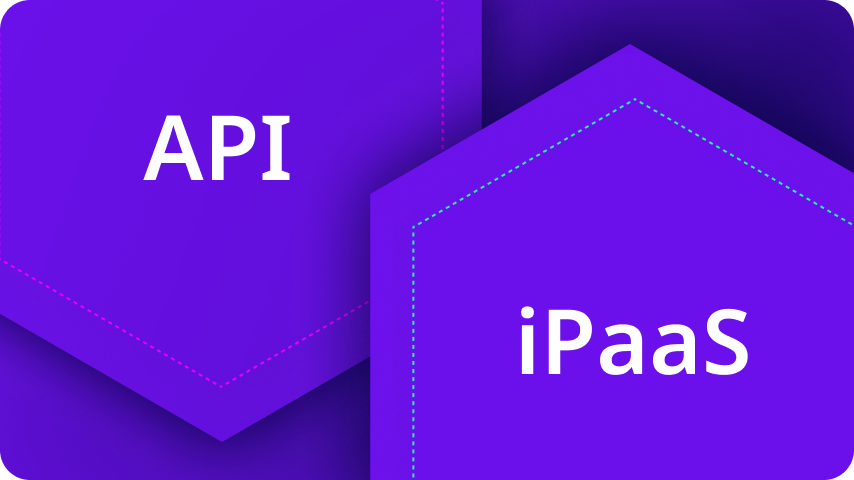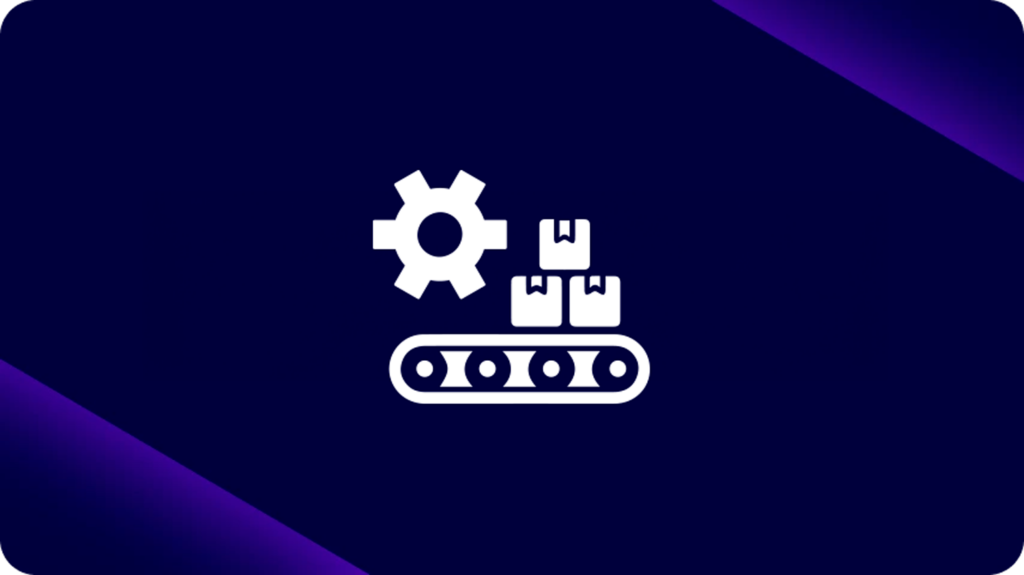fevereiro 2, 2022
As integrações sempre foram um grande desafio no universo da tecnologia da informação. No passado, essas questões eram geralmente restritas a casos de uso específicos. Hoje, afetam empresas de todos os tamanhos e setores.
Integrar sistemas deixou de ser apenas uma conveniência para se tornar uma necessidade estratégica. As integrações agora precisam ser dinâmicas e flexíveis, desempenhando um papel essencial no sucesso (ou fracasso) das transformações digitais que impulsionam a competitividade empresarial.
Essa necessidade de dinamismo é um requisito indispensável nas infraestruturas atuais, mas não está contemplada na abordagem tradicional de APIs, o que as torna insuficientes para acompanhar o ritmo acelerado das mudanças tecnológicas.
Embora no passado soluções de integração tenham sido implementadas sem enfrentar diretamente o problema da flexibilidade, elas não atendem às demandas atuais. O Enterprise Service Bus (ESB), por exemplo, substituiu atividades específicas e adicionou uma camada de governança ao processo de integração. No entanto, soluções tradicionais nunca entregaram a flexibilidade dinâmica que agora é indispensável.
>> Agende uma demonstração personalizada com nossa equipe de especialistas e veja como o iPaaS da Digibee trará eficiência ao seu negócio.
Um meio entre mundos
A gestão de APIs surgiu como um conceito para simplificar integrações e libertar aplicações de arquiteturas monolíticas e isoladas, oferecendo uma linguagem que facilita a comunicação entre sistemas. Essa abordagem trouxe avanços significativos em governança, segurança e documentação.
Não é coincidência que a maioria das empresas hoje use a gestão de APIs para modernizar suas arquiteturas de integração, geralmente implementando um gateway de APIs. Esse gateway conecta ativos internos com segurança e estabelece um padrão comum tanto para clientes quanto para parceiros que acessam dados via APIs. Ele funciona como um meio de conexão entre os mundos interno e externo, mas seu propósito principal nunca foi criar uma integração ponta a ponta entre esses ambientes.
Quando empresas dependem de gateways de APIs como solução de integração completa, elas forçam o uso do recurso além de sua proposta original. O resultado? Quase sempre é o fracasso, devido à pressão excessiva sobre a ferramenta.
A necessidade de uma estratégia de integração atualizada
A camada superficial criada por um gateway de APIs não é suficiente para lidar com a integração ponta a ponta entre pontos dinâmicos. É preciso mais do que isso.
À medida que as empresas ampliam seu alcance para incluir novos processos internos, sistemas em nuvem externos e ecossistemas de parceiros, cresce exponencialmente o volume de pontos de integração e os desafios para reconectar serviços.
Esses novos requisitos demandam uma arquitetura moderna — uma que consiga lidar com a natureza dinâmica das conexões digitais e reconheça que as integrações acontecem em múltiplos espaços interconectados. Felizmente, essas soluções já existem.
API x Integração: a solução iPaaS empresarial
Uma solução de plataforma de integração como serviço (iPaaS) permite que as organizações desenvolvam, protejam e gerenciem fluxos de integração que conectam aplicações, sistemas, serviços e bancos de dados distintos, simplificando todos os aspectos da integração de sistemas:
| Somente gerenciamento de API | iPaaS da Digibee | |
|---|---|---|
| Facilita a criação rápida de APIs e o gerenciamento de seu ciclo de vida para atender a diversos casos de uso | X | X |
| Oferece uma interface visual intuitiva baseada em conceitos low-code para abstrair a complexidade de integrações | X | |
| Inclui componentes prontos para uso, reduzindo o esforço e o tempo necessários para concluir tarefas | X | |
| Emprega novas tecnologias (como Kubernetes) para escalar conforme a demanda, com altos níveis de resiliência | X | |
| Protege dados em ambientes híbridos com diferentes níveis de usuários, ferramentas de criptografia e credenciais privilegiadas | X | |
| Atua como um acelerador, liberando equipes de desenvolvimento para se dedicarem à inovação | X |
Esse tipo de plataforma cobre e substitui as principais funcionalidades de cenários tradicionais de integração, como Filas de Mensagens, Barramento de Serviços e Gerenciamento de Arquivos, para reduzir ou eliminar as dificuldades que surgem ao conectar qualquer tipo de ativo de TI, seja legado ou não.
O iPaaS corporativo oferece uma estratégia verdadeiramente eficiente: usar todas as ferramentas disponíveis para resolver necessidades puramente tecnológicas, ao mesmo tempo em que facilita o uso mais eficaz de recursos humanos e financeiros.
O iPaaS é o ideal para a sua empresa?
Os benefícios de uma plataforma de integração moderna, em comparação com abordagens tradicionais ou o uso de ferramentas sobrecarregadas, não podem ser subestimados. Mas, se você está em dúvida entre uma solução de iPaaS corporativo e uma solução de gerenciamento de APIs para sua empresa, considere o seguinte ao avaliar suas opções:
- O que sua organização está tentando alcançar com a integração?
- Sua estratégia atenderá ao crescimento do seu negócio (ou é apenas uma solução temporária)?
- Existe um prazo para alcançar seus objetivos de integração (e, em caso afirmativo, o que acontecerá se você não cumpri-lo)?
- Quanto você está disposto a investir inicialmente na integração? E qual é o seu orçamento para operações contínuas, manutenção e atualizações?
- Sua equipe atual é capaz de apoiar a sua estratégia (ou há uma forma melhor de utilizar o tempo deles)?
O iPaaS inovador da Digibee ajuda sua empresa a resolver problemas de integração de maneira mais eficiente do que qualquer outra solução no mercado. Nossa interface visual de arrastar e soltar capacita membros da equipe com diferentes níveis de habilidade técnica a criar integrações até dez vezes mais rápido do que outras ferramentas, e nossos pipelines automatizados, agnósticos em relação a dados e sistemas, são escaláveis e resilientes para garantir que sua empresa esteja preparada para qualquer situação.
Para saber mais sobre o iPaaS e entender como ele vai ajudar a sua empresa, agende uma demonstração !









